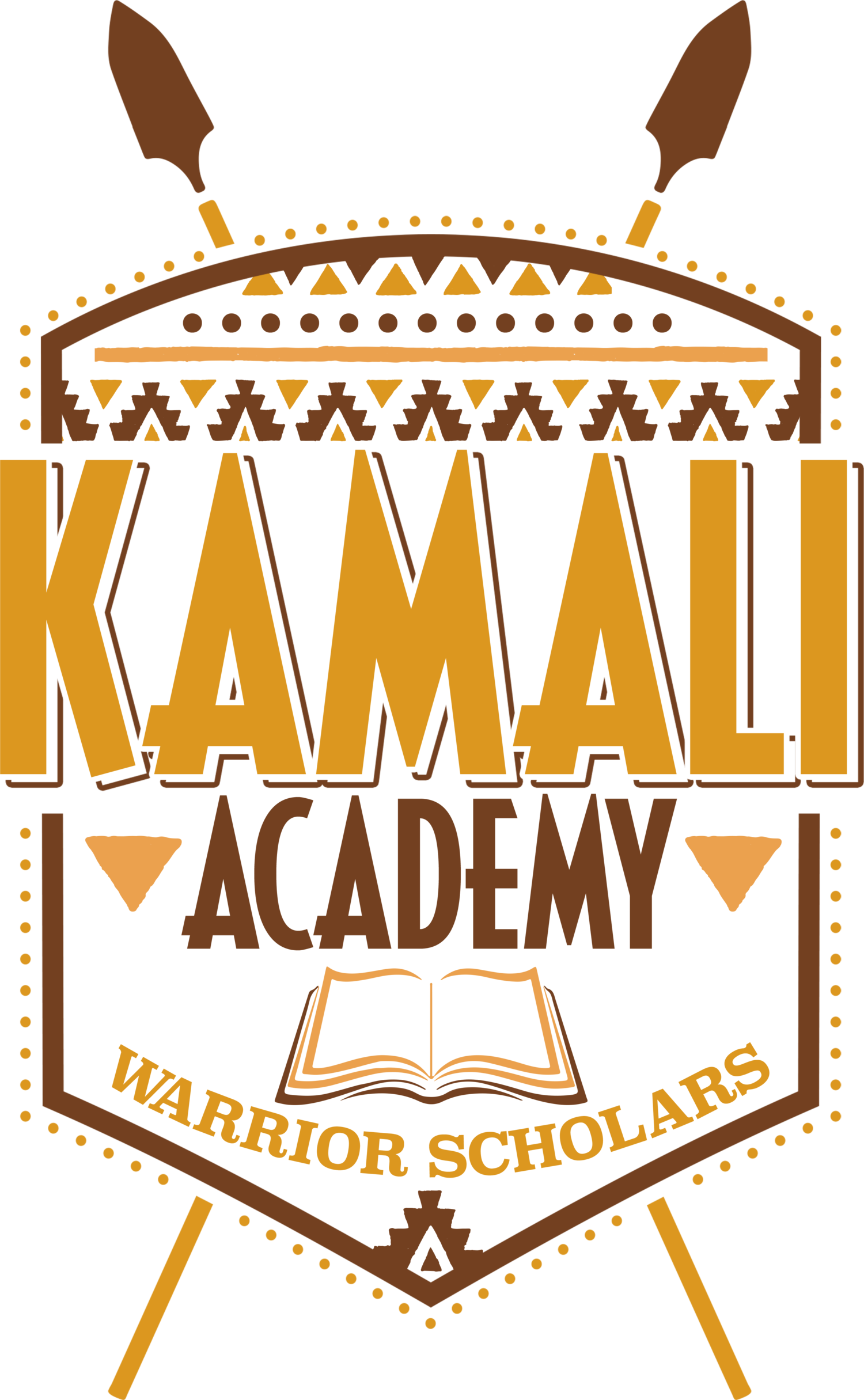Soweto Uprising and Bantu Education Today
Liberation Keepers of our Future, Guides of our Young Minds,
Today, we cast our thoughts back to a pivotal moment in our history, the Soweto Uprising of June 16, 1976. A day of defiance, a day of transformation, and a day of rebellion.
In the heart of South Africa, under the weight of apartheid, the Bantu Education system sought to diminish the Afrikan spirit by manipulating our most potent tool—education. As Steven Bantu Biko asserted, “the most powerful weapon in the hands of the oppressor…is the minds of the oppressed.” The Bantu Education Act of 1953 was a stark tool of oppression. It mandated racially divided educational facilities, drastically reduced funding for Black schools, and imposed a curriculum designed not to illuminate, but to cast our children's minds into darkness. The aim was to constrain our youth's potential, directing them towards manual labor, servitude, and deference to the ruling class. An education for servitude. Essentially, the invaders endeavored to “kill the Afrikan and keep the man” in order that he be a loyal, docile servant to the system.
Then came the Uprising, when the children of Soweto, armed with nothing but their unyielding spirit and thirst for justice, took to the streets. Their demand was simple yet profound: an end to the enforced Afrikaans medium decree, an embodiment of the apartheid government's cultural and linguistic imperialism. The Soweto Uprising sent a clear message—that the African spirit could not be quelled by oppressive systems. The students refused to endure the cultural disrespect.
This demonstration of the sheer power of youth not only triggered a turning point in the fight against apartheid, but it also sent shockwaves across the world. The indomitable spirit of those young protestors amplified the global call to dismantle apartheid, ultimately leading to increased international pressure and sanctions against the South African government.
Yet today, we must face the troubling truth that remnants of Bantu Education persist in our public fool systems here in America. Our children are often subjected to a Eurocentric curriculum that denigrates their rich history and culture, effectively silencing their voices and devaluing their identities. This miseducation can be seen as a form of modern-day Bantu Education, as it promotes cultural misorientation and intellectual subjugation.
We must remember and learn from the Soweto Uprising. The legacy of that day is a reminder that we have the power to challenge and change oppressive systems, just as those brave young souls did back in 1976.
In our journey as homeschoolers, we must strive to decolonize our children's education, to replace the narrative of miseducation with a curriculum that celebrates our heritage, fosters our intellectual curiosity, and honors our potential. Our mission is to defy this contemporary form of Bantu Education, equipping our children with the knowledge, confidence, and skills to navigate and challenge a system that often disregards them.
As we commemorate this day, let us carry the spirit of Soweto in our hearts. Let us remember that education is not a one-size-fits-all model, but a potent tool of liberation. Let us strive to ensure that our children's learning experiences affirm their identity, build their understanding of the world, and most importantly, inspire them to believe in their unlimited potential.
Revolutionary Love,
Baba Samori Camara
P.S. Check out a small role play put together by four warrior scholars from Kamali Academy Virtual. It starts at 47:59 and lasts about a minute.
